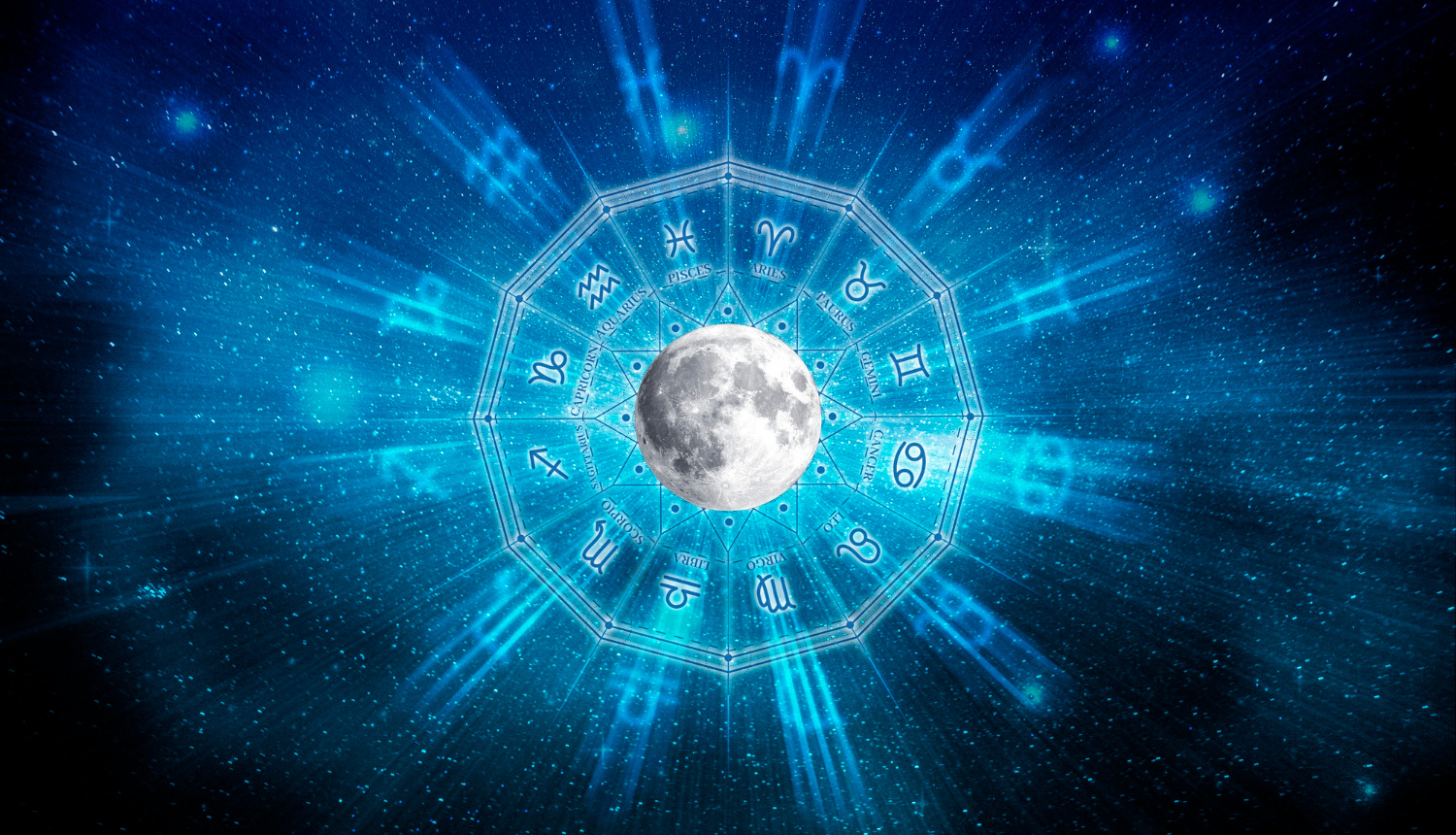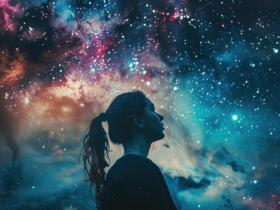Astrology, an ancient system that delves into the celestial bodies’ influence on human affairs, holds a profound fascination with the Moon. Within this cosmic practice, the Moon symbolizes a profound link to our emotional landscape, instincts, and cyclical patterns.
The Moon’s significance in astrology stems from its closeness to Earth and its ability to constantly change phases, transitioning from the dark new moon to the luminous full moon and back again. These lunar phases serve as a metaphor for the ebb and flow of life’s cycles, mirroring the waxing and waning of emotions and experiences.
In astrological terms, the Moon represents the subconscious mind and our deepest emotional needs. It governs how we instinctively respond to situations, revealing our innate reactions and primal instincts. The Moon’s placement in an individual’s birth chart is believed to unveil their emotional makeup and their approach to nurturing and being nurtured.
Each zodiac sign’s placement of the Moon influences a person’s emotional tendencies. For instance, a person with the Moon in fiery Aries might possess a quick temper but also show unwavering courage, while someone with the Moon in nurturing Cancer might prioritize emotional security and familial bonds.

Furthermore, the Moon’s aspects to other planets in a birth chart can offer insight into how emotions interact with different facets of life. Its connections with Venus may indicate one’s emotional needs in relationships, while its interaction with Mars could shed light on how one asserts themselves emotionally.
Related: The Moon's Significance in Astrology: Emotions, Instincts, and Cycles
Astrologers also pay close attention to lunar transits and phases, understanding how these affect collective moods and societal trends. For example, a full moon often brings intensified emotions and culminations, while a new moon signifies fresh starts and new beginnings.
Beyond individual charts, astrology observes the Moon’s influence on natural rhythms, such as the ocean tides and agricultural cycles. This connection reinforces the belief that lunar phases affect not only human emotions but also the world’s energy and vitality.
While the Moon’s role in astrology may not have empirical scientific backing, its symbolic importance persists across cultures and time. Whether viewed as a mystical force or a psychological archetype, the Moon’s sway over emotions, instincts, and cyclical patterns continues to captivate and intrigue those who explore the cosmic realms of astrology. Ultimately, it invites us to reflect on the interconnectedness between the celestial and the deeply personal aspects of our lives.





















